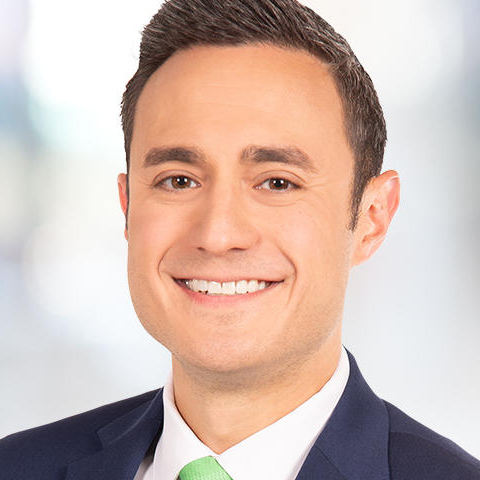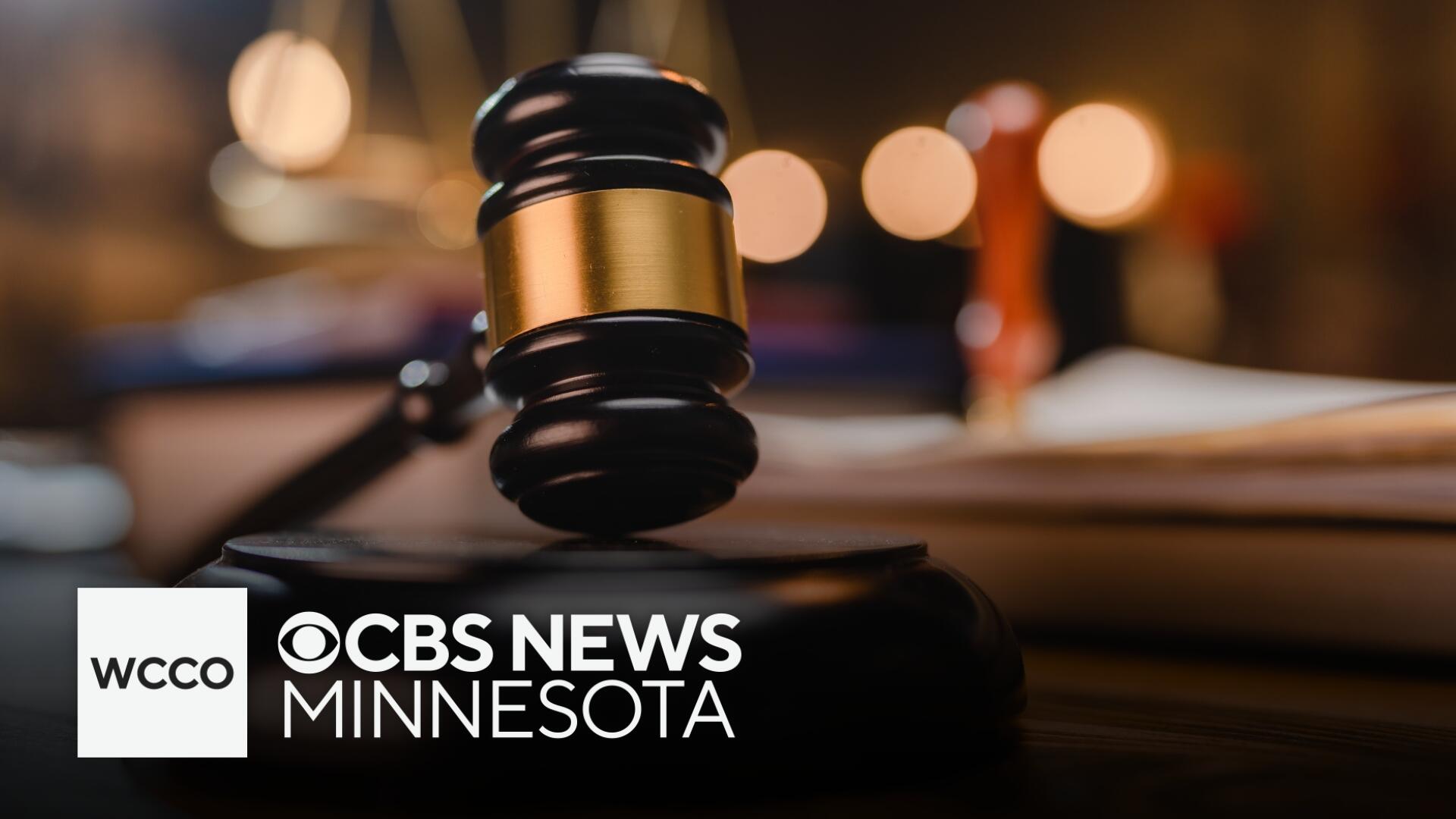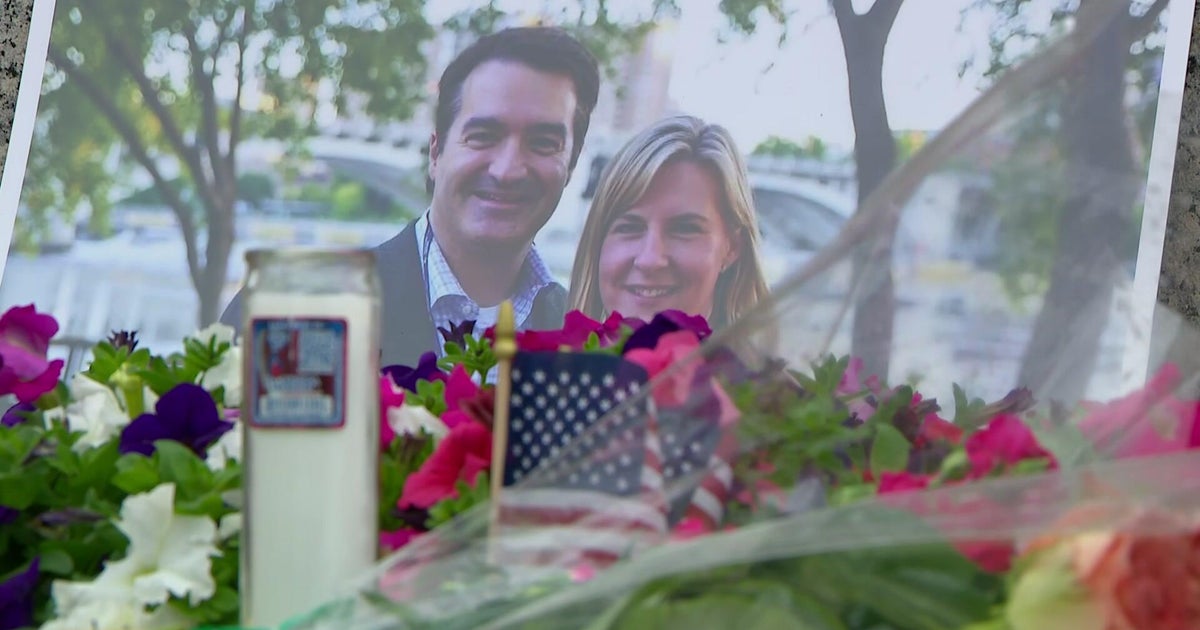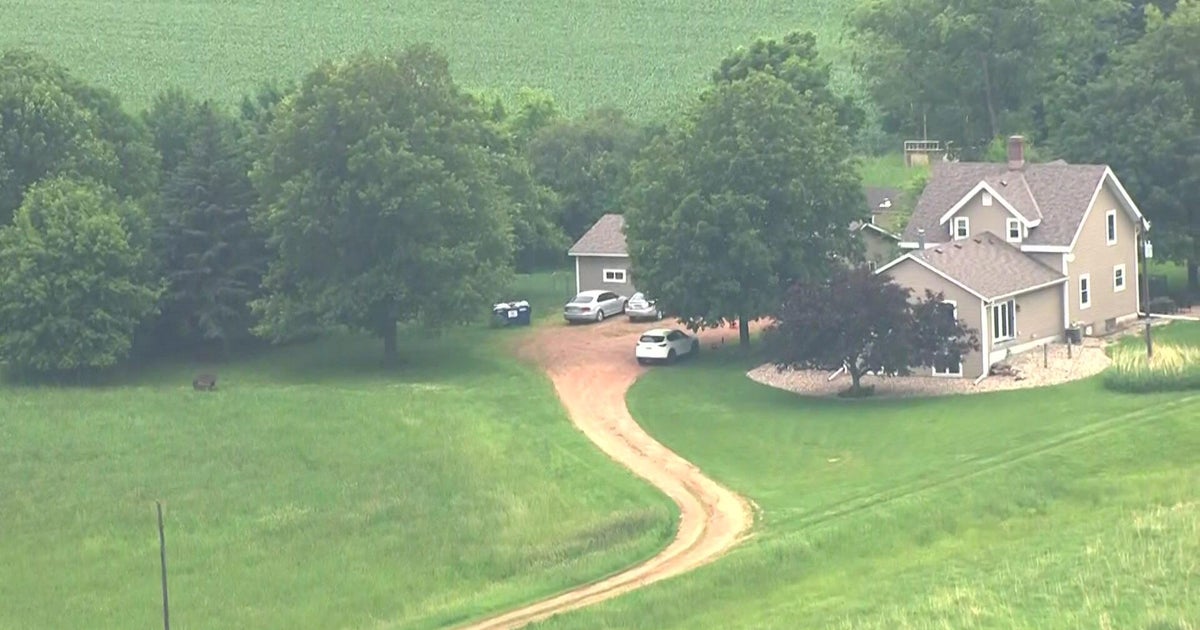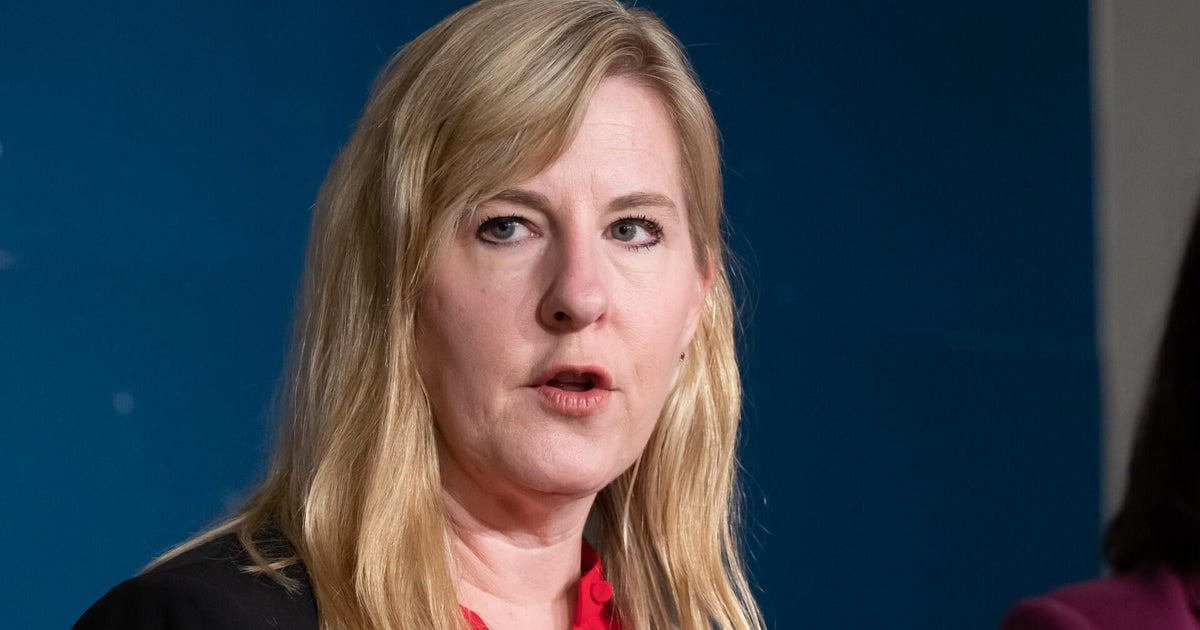Could the death penalty happen in Minnesota, despite 114-year-old ban?
The high-profile assassination of a top Minnesota lawmaker and her husband could bring about a form of punishment long banned in the state.
With federal prosecutors involved, we wanted to know: How could the death penalty happen in Minnesota?
State and federal law enforcement worked together to catch Vance Boelter. The capture happened less than 48 hours after investigators said he shot Sen. John Hoffman and his wife Yvette, then killed House Speaker Emerita Melissa Hortman and her husband Mark.
That cooperation between the two entities, however, isn't as clear when it comes to state and federal prosecutors hoping to bring the accused killer to justice.
Who has jurisdiction in this case: state or federal?
"Well, they both do. And that's part of where the tension comes in," said Mark Osler, a law professor at the University of St. Thomas.
Osler also spent five years as a federal prosecutor.
"Often there's an agreement between the state and the feds over how that's going to play out," said Osler. "We'll see if they come to such an agreement here."
In the Derek Chauvin case, state prosecutors tried and convicted him first before federal prosecutors took their turn. In Boelter's case it appears to be the opposite, and the possible punishment for his two federal murder charges stands out.
"Will we seek the death penalty? It's too early to tell. That is one of the options for several of the charges though," said Joseph Thompson, the acting U.S. attorney on the case, the day after Boelter was caught.
Federal prosecutors are seeking the death penalty against Luigi Mangione. He's the man accused of murdering UnitedHealthcare CEO Brian Thompson in New York City on Dec. 4, 2024. New York, like Minnesota, has banned capital punishment.
If Mangione is convicted, it will be up to the jury to decide if he should be sentenced to death or life in prison, a similar scenario that could play out in Boelter's case.
"And here [in Minnesota] we've got jurors who are from a state that's rejected the death penalty," Osler said.
Robin Maher, executive director of the Death Penalty Information Center, feels Minnesota's history with the death penalty should be considered by federal prosecutors.
"Minnesotans abolished use of the death penalty in the state more than 100 years ago, and more than two dozen efforts to reinstate it legislatively were soundly defeated," Maher said. "That history tells us that the death penalty is just inconsistent with the values of most Minnesotans."
Minnesota banned the death penalty in 1911
In 1906, by hanging after getting convicted for a double murder. His execution was botched due to the length of the rope, making it take nearly 15 minutes for him to die.
"Botched executions have sometimes been a catalyst for a change in public opinion and a movement toward abolition," said Maher. "Starting in the 1911 legislative session, Gov. Adolph Aberhart called for the abolition of the death penalty on the very first day citing his belief that the state would secure more convictions without the death penalty and that abolition would reduce crime."
Capital punishment in the U.S.
There are 23 states in the U.S. that have outlawed the death penalty, however the U.S. government and military retain the punishment.
American support for the . shows that it peaked at 80% percent in the mid-1990s. It's down to 53% as of 2024.
"What's even more interesting is among younger people, age 18-43, a majority of those populations oppose use of the death penalty, and we see the numbers growing over the years," Maher said.
What happens to state case if Boelter is convicted, sentenced to death in federal case?
"The state may decide it's not worth it since you've got that federal conviction," said Osler, adding that it's possible state prosecutors could also go through with their litigation no matter the outcome in federal court.
Hennepin County Attorney Mary Moriarty has vowed to try Boelter in state court.
"Because we are accountable to protect our community and hold people who commit crimes in this community accountable," Moriarty said the day after Boelter's capture.
If someone receives a death sentence in a state where it is outlawed, the execution would happen at a federal prison in Terre Haute, Indiana.
